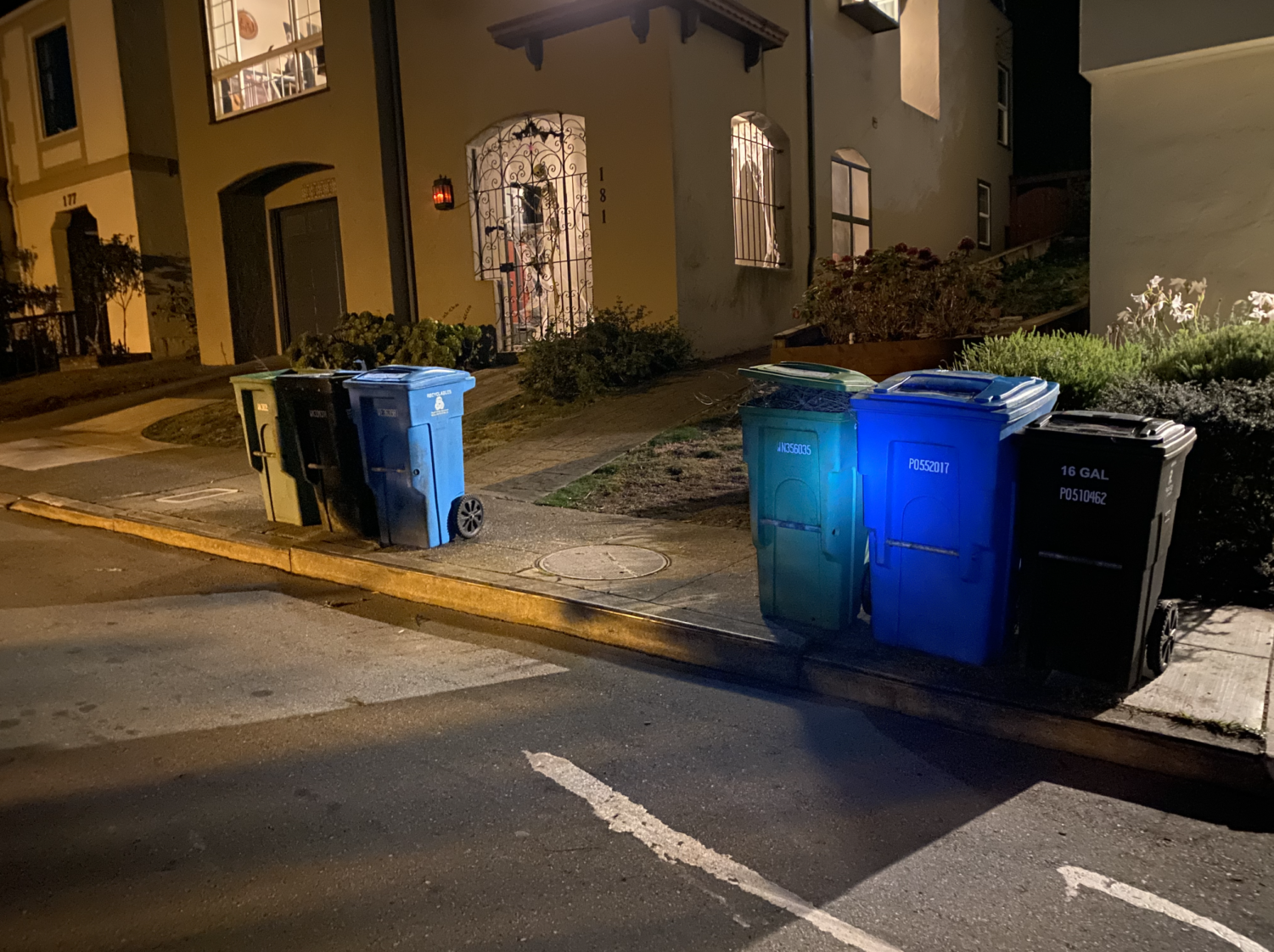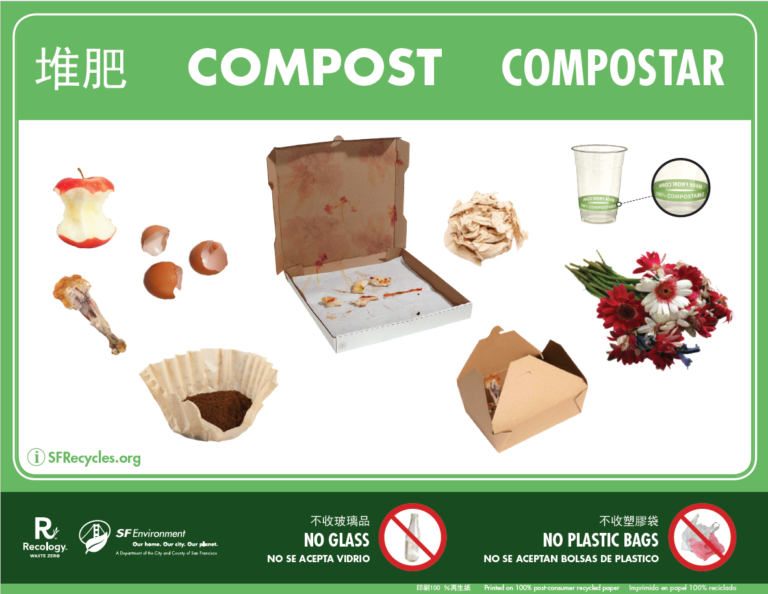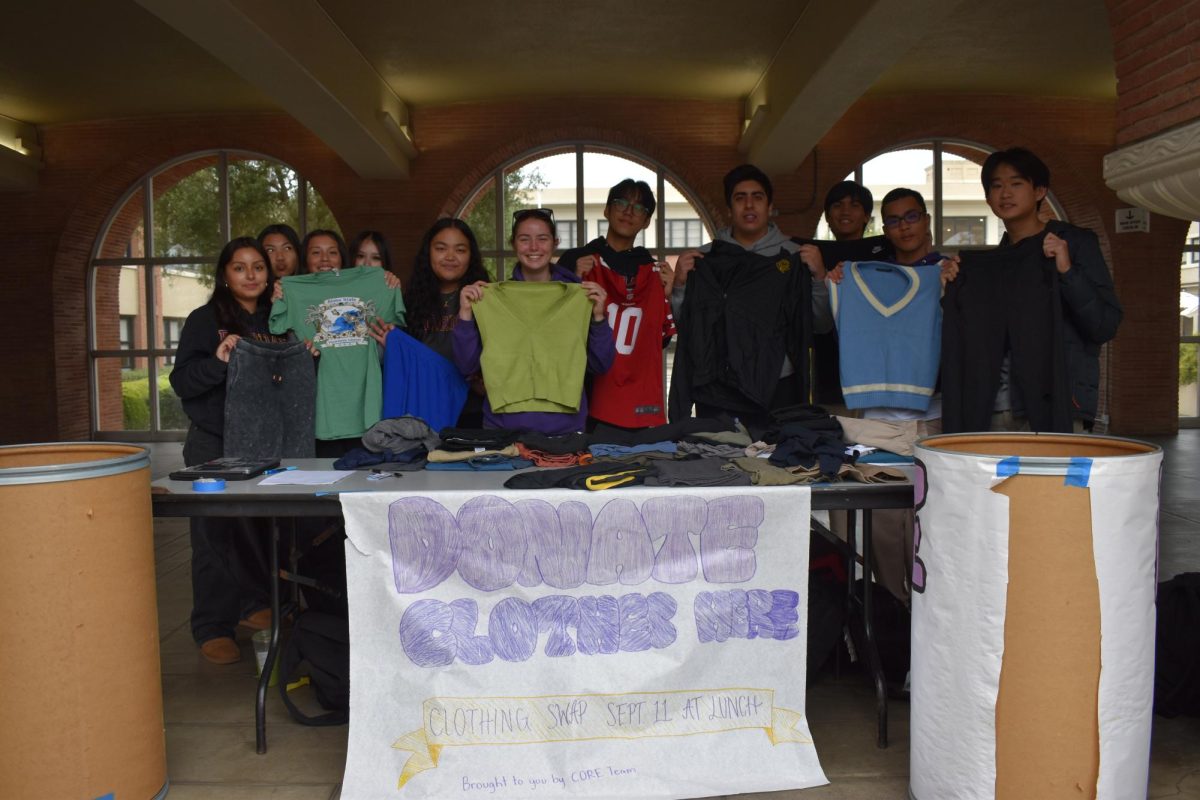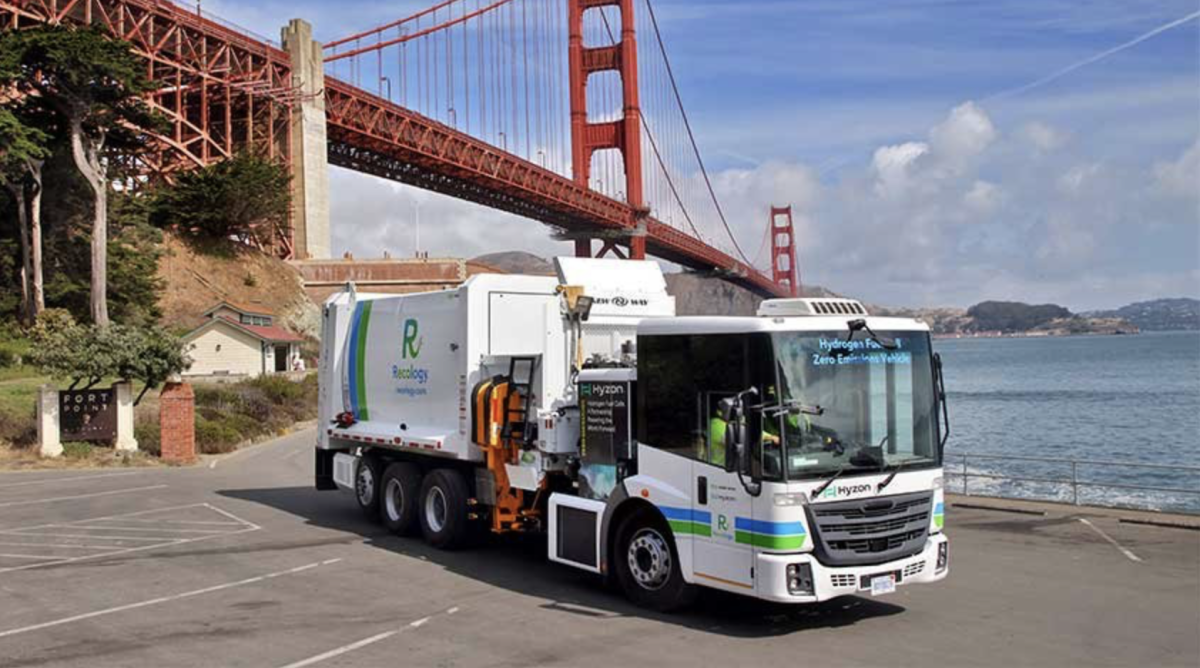California residents have been consistently taught to Reduce, Reuse, and Recycle. But as of the past year, a fifth of all recycling centers across the state have suddenly shut down. The cost of upkeeping California’s recycling industry is soaring, forcing hundreds of cities to make a difficult decision and abandon the practice altogether.
Science teacher Colleen O’Rourke argued the required minimum of $25,000 each month necessary to maintain the systems was worth the alternative.
“Everything has a cost. Frequently, by choosing to save money, humans think we’re reducing costs, but in reality, we are defraying the costs onto other things such as environmental damage and health risks,” she said. “So yes, hearing that a proper recycling program costs money to maintain makes sense to me and I would be happy to pay for it.”
How does this situation affect consumers, surrounding ecosystems, and cultures? Originally in 1986, the “Bottle Bill,” which permitted citizens of California to return aluminum cans for a five-ten cent profit was passed and well-practiced; now, the amount of citizens partaking has dropped 58 percent.
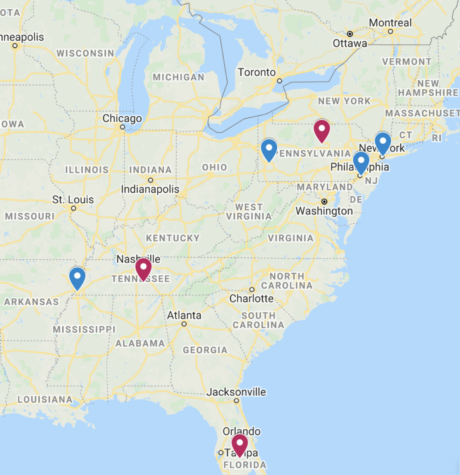
Instead of being collected or transported to proper landfills, this excess aluminum, plastic, and other recyclables have polluted China, India, and Thailand’s oceans, destroying the land’s aesthetic and marine life. Unfortunately, there is a mere fifty-fifty chance communities will ethically distribute this waste.
In the hopes of countering this harm, “America’s Plastic Makers,” have devised an upcoming Plastic Tax in 2022 which would decrease single-use plastics.
In terms of our own community, O’Rourke also added tips to develop a sense of awareness considering the waste people produce and how to offset it: when ordering take out, opt-out of receiving plastic utensils, cease purchasing plastic bottle items including single-use water, try switching to glass containers or wax paper to preserve food, don’t buy individually wrapped foods, and when throwing parties spend more on compostable disposable cutlery and/or paper plate cup options instead.
AP Environmental Science teacher Michael O’Brien agreed with this method, remembering his middle and high school career repurposing milk jugs, hoping to resort to using glass once again.



